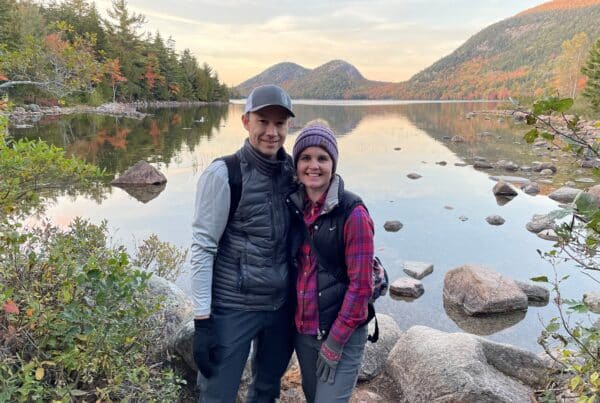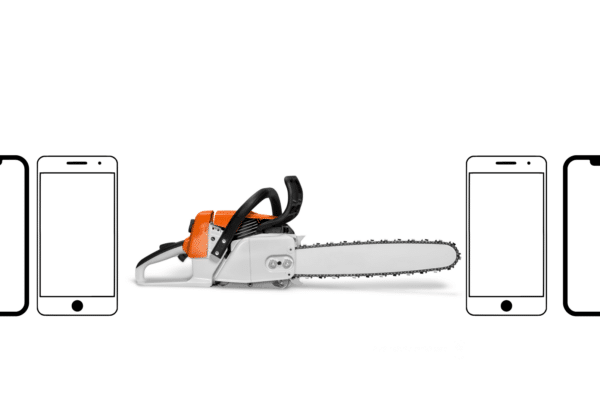We just got done watching the 2020 Tokyo Olympics. It was amazing watching the athletes compete! The triumphs and defeats. The team work, the celebrations and the tears were heart-warming and awe-inspiring.
As we watched the different events we had multiple different conversations with our children. The Olympics is a perfect opportunity to talk with your children about life. There are so many life situations that occur during the Olympics that can help spur on conversations. It is a great opportunity to discuss how you as a family would respond if you were given the opportunity.
*Before we get started it is important that as you discuss the different situations you do not pass judgment on the athletes or the situation. It is important to note that you do not know the full story so it will be impossible for you to know if what happened was right or wrong. The purpose of these discussions is to prepare your child for life, not figure out if someone else is doing it right or wrong.*
While the Olympics ended this weekend, you can still use the opportunity to start discussion. You can even rewatch some of the events on youtube or Peacock to aid in your discussion. Here are the questions we came up with as a family and the discussions we had. We start the discussion with three specific athletes and move on to more general categories.
Sydney McLaughlin
- Sydney was the youngest athlete to make the USA Track and Field Olympic team in 2016. In 2016 she did not make it past the semi-finals by placing 16th. How do you think she felt making the team at age 17 but not making it into the finals? What would it be like to be the youngest athlete to make the team? How do you think that helped her succeed this year in Tokyo?
- In 2019 Sydney won silver in the World Championship. After this competition she decided to change coaches and learn a new way of running hurdles. Since then she has consistently run times that we have never seen before. What do you think made her willing to change her running system? How do you think she felt as she made that transition? Would you be willing to start all over for a chance to win Olympic Gold? What changes would you need to be willing to make in your own life to reach one of your goals?
Allyson Felix
- Allyson has made Olympic history. She is the most decorated USA Track and Field Athlete. Allyson has won 7 gold medals and 11 medals overall. She competed in the 2008, 2012, 2016 and 2020 Olympics. What does it take to be an Olympic athlete for an extended period of time?
- In her post race interview, Felix admitted that she has never been the fastest but she did the best with what she had with character and integrity. What do you think about her statement? 4×400, Discussing 4×400
Katie Ledecky
- Katie Ledecky is the most decorated female swimmer in history. She has 7 Olympic gold medals, 3 Olympic Silver and 15 World championship gold medals. While she did some amazing things in Tokyo, she didn’t quite meet all the expectations. She got 2nd in the 400 freestyle and didn’t make the podium in the 200 meter. How do you deal with not meeting expectations? How can an athlete deal with disappointment?
- In an interview Katie talks about waking up each day with a great mindset and a belief that she could do what she came to do. How do you think this has helped her achieve all that she has achieved? What do you do when you don’t actually achieve what you were hoping to achieve?
- Katie finished an unexpected 5th in the 200 meter and then had to turn around and swim the 1500 meter 71 minutes later. She did amazing at the 1500 meter and easily won Gold. How does an athlete work through disappointment and then continue to swim her race and do it well?
Competing
- Athletes have to sacrifice a lot to become an Olympic competitor. What sacrifices do they have to make? How would you figure out if the sacrifices are worth it?
- Which is better, to focus on doing your best or to focus on beating the person in the next lane?
- Lilly King is known for messing with the head of her competitors. She said she loves being feared because that is empowering. What would your tactic be to get in the heads of the other opponents? Would you interact with them or stay to yourself? Why? If you were racing Lilly, how would you handle it?
- How would you prepare for game time? What is your routine to get yourself ready to compete?
- Sifan Hassan tripped over a fallen athlete in the last lap of the 1500 meter prelim. She jumped right up and then proceeded to kick it into high gear and wins the heat. How was she able to go from almost last place to first place with only one lap left in the race?
- What happens when you do your best and it still isn’t enough because of bad luck or someone else’s mistake?
- Some athletes only compete in one Olympics. A few compete in 3 or 4. How do you know when to keep competing and set your eyes on the next Olympics?
- How would you know when to retire and go on to the next stage in life?
Teammates
- How do you switch from competing against your USA teammate to competing together in a relay?
- What would you say to your teammates if you beat them in a race?
- What would you say to your teammates if they beat you?
Sportsmanship
- Barshim from Qatar and Tamberi from Italy tied in the men’s high jump. They had the option to have a sudden death run off or tie for 1st place and share the Gold medal. They very quickly decided to share the medal. If you were in this situation, which would you choose and why?
- Isaiah Jewett was in a position to finish in top 2 of his heat and was tripped in the 800 meter race. After the fall he helped Nijel Amos up and they crossed the finish line together. What would you have done if you were in Isaiah’s shoes? Would you have wanted to finish the race? The Olympic committee decided to advance Nijel but not Isaiah. Do you agree with this ruling? Why or why not? What should you do if something doesn’t rule in your favor?
Mental Health
- How can a person manage the pressures and expectations people place on them? Is it fair to have expectations?
- What expectations should you place on yourself?
- How do you keep the fun in competing?
- When you are struggling, how do you get help?
- Who would be your support system?
- What voices do you allow to speak into your life and define you?
- Sydney Mc Laughlin talks about how it is important to focus on the things you can control. For her what has really helped is her relationship with God. It has given her a perspective to deal with the emotions that the world throws at her. What are your thoughts on her comments?
No Fans
- How do you think not having fans affected the athletes?
- Who would you want in the stands to cheer you on?
- How do you think the athletes dealt with the disappointment of not having a real olympic experience?
Post Race Interviews
- Imagin that you just won a big race and you are being interviewed. What would you say?
- Who would you give credit to?
- What would you say if your race didn’t go as planned and it ended in disappointment?
Younger Generation
- Allyson Felix is known by her teammate as a mentor, training partner and friend. Why are all three important?
- Why do the younger generations watch the Olympic athletes and want to be like them?
- How can you be a good role model to the younger, watching generation? What is a good role model?
What conversations did you have in your family?
It isn’t too late – print these off or pull this page up on your phone so you are ready. Turn off the screens tonight so that you can have a family conversation. Or maybe you can talk about these questions while you are driving to a practice. Or after dinner tonight. Wherever you are, it’s a great place to have a family conversation. Remember, these small conversations about real life are helping you all practice for the bigger conversations that are in the future. You can do this!
Want more conversations? Find them here!
Resources – Our Purposeful Life







